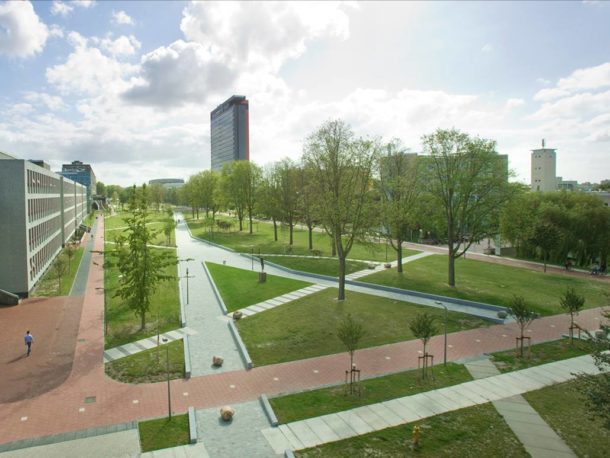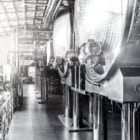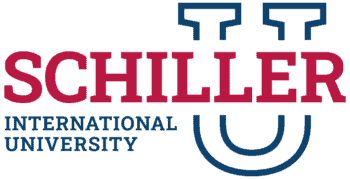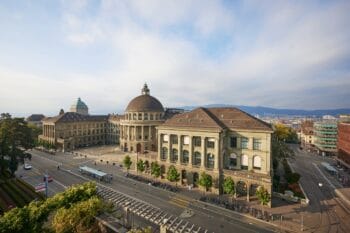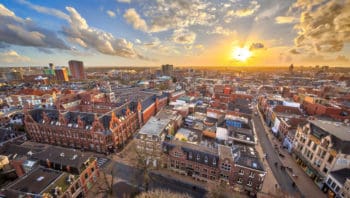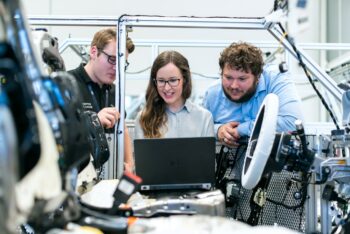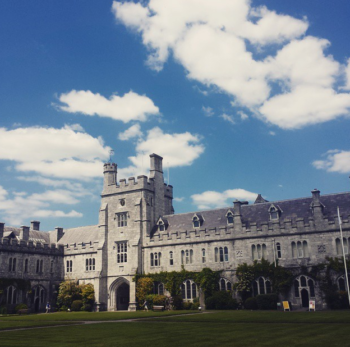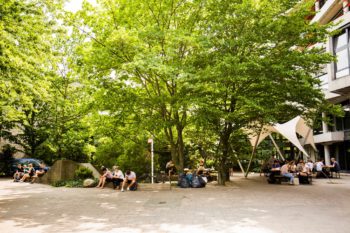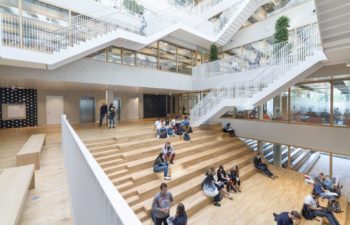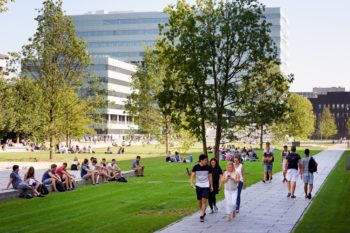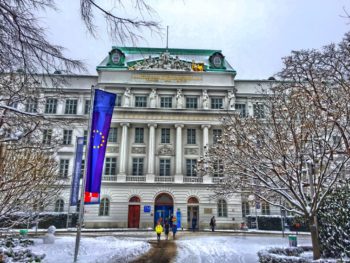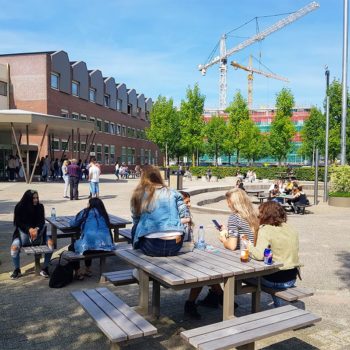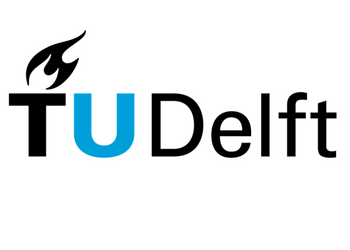

Delft University of Technology - TU Delft (reviews)
Study at Delft University of Technology - TU Delft
Delft University of Technology - TU Delft ratings and description
About Delft University of Technology
The Delft University of Technology is located in Delft, The Netherlands. The institution is also known as TU Delft. Show more
FREQUENTLY ASKED QUESTIONS ABOUT Delft University of Technology
Based on the EDUopinions rankings, the Delft University of Technology rating is 4.3. If you want to know more about this school, read the student reviews on our website.
The Delft University of Technology offers courses related to the fields:
- CiviI & Structural Engineering
- Chemical Engineering
- Biological Sciences
- Electrical Engineering
- Mechanical
Delft University of Technology Campuses are located in:
- Delft, The Netherlands
The universities similar to Delft University of Technology are:
Studies with verified reviews





95 Student Reviews
-
Computer Science ...2 months ago
 StudentIRHigh Reputation | Average Learning
StudentIRHigh Reputation | Average LearningThis is a demanding school.
View more
However, at least in the case of computer science, there is a lot of pressure without too much intellectual results and progress. Only the course load is a lot and fast. If you want to be a good coder just get a job and practice at home.Programme: Computer Science and EngineeringDegree: Bachelor'sGraduation: 2024Delivery Type: On CampusCampus: Delft -
Aerospace Engineering12 months ago
 StudentNLRigorous engineering degree worth the hype
StudentNLRigorous engineering degree worth the hypeI liked the university and the programme specifically due to the
View more
-Mostly high quality professors
-Wide variety of courses
-Practical projects and group work
-Student communities
-Career and networking opportunitiesProgramme: Aerospace EngineeringDegree: Bachelor'sGraduation: 2024Delivery Type: On CampusCampus: Delft -
Architecture and ...08 Feb, 2023
 ClaudiaA colorful range of knowledge
ClaudiaA colorful range of knowledgeThe master program Urbanism at the TU Delft is a combination of research and design. Each quarter within the two-year master program there is aimed for a synergy between the research and the design throughout the scales, e.g. a square (Q2), a neighbourhood (also Q2), a city (Q1), and a metropolis (Q3). Especially in the latter scale during quarter three you are asked to level up the theoretical framework aspects and achieve a research-based design. The different scales ask for a different approach, which can be challenging.
For me, the Master Urbanism is closely related in content to education in Urban design at a Dutch University of Applied sciences. Therefore, the first two quarters of the Masters can be at one hand considered repetition if with similar mentioned background, or new knowledge when ones background is Architecture, Landscape Architecture or Spatial Planning. If one isn’t used to the approach that is used in Urbanism within the Netherlands, it will certainly provide new knowledge.
All cases within the program are located within the Netherlands, therefore a quarter is about water-management/water-resiliency, socio-ecological design, climate, the use of land and innovation. Only during the graduation year one can choose a site in a different part of the world.
A few programs that are used are QGIS (for spatial data analysis), ENVI-met (for researching climate interventions), Adobe and AutoCad/Rhino/Vectorworks.
Be aware that each faculty within the TU Delft can have its own way of teaching. The Faculty of Architecture is usually considered one of the most design-oriented faculties and therefore less research-based, with knowledge gained during the courses implemented.
View moreProgramme: Architecture and UrbanismDegree: Master'sGraduation: 2024Delivery Type: On CampusCampus: Delft -
Aerospace Engineering08 Feb, 2023
 PhilipUSGreat Uni
PhilipUSGreat UniThe university is an excellent technical university, especially in Aerospace Engineering. The Aerospace faculty is, in general, knowledgeable and approachable. English is the official language of instruction which, as an international student myself, is nice. Academically, I found the coursework extremely relevant and challenging. Housing is an issue here in Delft. I would recommend coming several months before you intend to start your studies to find a place to stay.
View moreProgramme: Aerospace EngineeringDegree: Master'sGraduation: 2023Delivery Type: On CampusCampus: Delft -
Aerospace Engineering06 Feb, 2023
 ElenaITInternational opportunities
ElenaITInternational opportunitiesTU Delft is among the best techinical European universities. It is full of international students, which gives you the possibility of interacting with different cultures. The university is connected well to many research institutes and companies, that know the quality of the students graduating from TU Delft and value them highly. The faculty of aerospace engineering has very knowledgeable and inspiring professors. Many associations and dream teams on many different topics exists, if you want to join one and enrich your cv with extra-curricular activities. Also the well-being of the students is something TU Delft values a lot, giving the possibility to reserve appointments or just swing by the academic counsellors offices during open hours. If you don’t know anyone in Delft as an international student, you will get started with the peer group initiative in which you will be assigned a group and a mentor, usually a older student of your same track. Of course the university demands a lot to the students: you will have to study, work hard, make choices for your future that might sometimes be difficult. But it is completely rewarded in the end. The expertise and confidence you will gain are really valuable. Finally, courses are usually very specific and topics are explained in depth, so you can really make your study plan to fit your interests and become an expert.
View moreProgramme: Aerospace EngineeringDegree: Master'sGraduation: 2023Delivery Type: On CampusCampus: Delft


